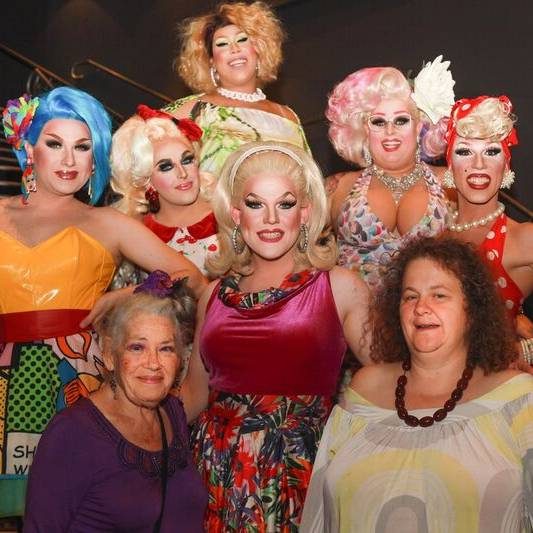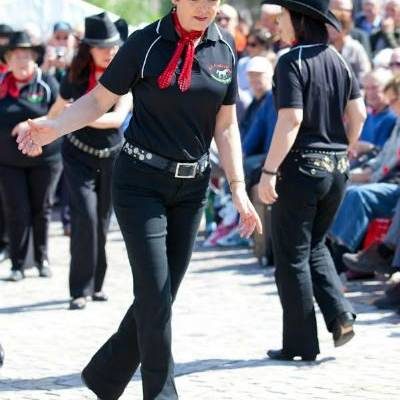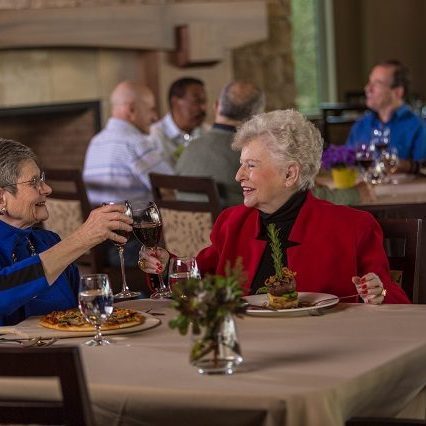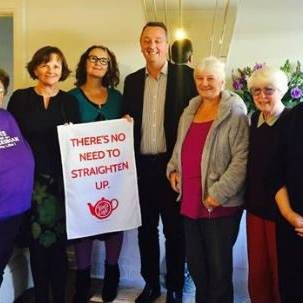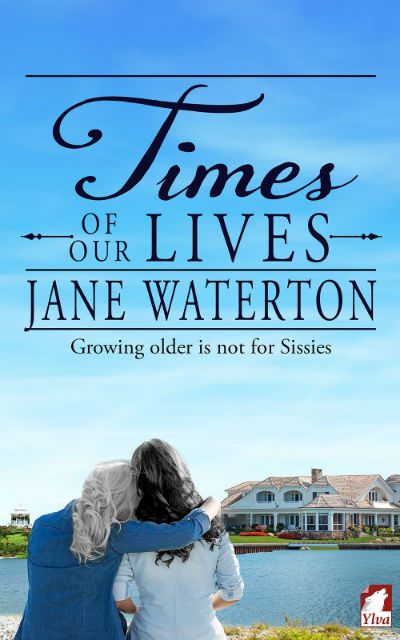 There can be a vibrant lesbian life after retirement.
There can be a vibrant lesbian life after retirement.
Most lesbian stories revolve around the younger crowd. But what about us older lesbians who may be nearing retirement or are already retired? Are we as invisible now as when we grew up in an unwelcoming environment where we often had to hide to survive? This witty and vibrant novel sets the stage for a whole community of lesbians who live in a lesbian retirement community – and no, it is not the worst fate ever. I may petition for such a community right here on my doorstep.
Times of Our Lives is set in Australia, where lesbians live in OWL Haven, Australia’s first exclusively lesbian retirement community. Waterton shares the lives of several characters with us. There are Meg Sullivan and Alli Richards, best friends for forty years who may discover that there is more to their relationship than they ever admitted to. Pat and Bella have been together for nearly fifty years and now have to face a serious bout of cancer. We also meet Sparrow, who after a broken heart may discover love again with the dashing Daphne.
Let me say at the outset that this novel convinced me with its great characters, its wit and humour, and the love stories it tells of new and old couples. It gives glimpses into our history, and although it touches on hard subjects such as being ill and facing death, it is full of hope and vibrant women who are still forces to be reckoned with.
In her debut novel, Waterton shows off her knack for letting her characters come alive. I especially loved that the publisher didn’t edit out the Aussie vocabulary and other distinct details of the novel Australian setting, not to mention the distinctly dry humour throughout. It made me want to revisit Down Under. Three cheers for my Australian mates!
Although Waterton shares several stories, the threads come seamlessly together through the friendship the couples share with each other. The fears and hopes of each are explored deftly and with great insight. I especially loved the glimpses into the backstories where you could see the difficulties of, say, living in homophobic Sydney in the sixties and how it shaped the lives and loves of the silver generation. And although it all ends well, Waterton doesn’t shrink back from the more annoying aspects of getting older. Her characters may become ill, but the close community carries them through and supports its members.
So if you are looking for a well-written, witty, perceptive novel about retired lesbians, search no more and enjoy Times of Our Lives. I certainly did and look forward to Waterton’s next novel.

